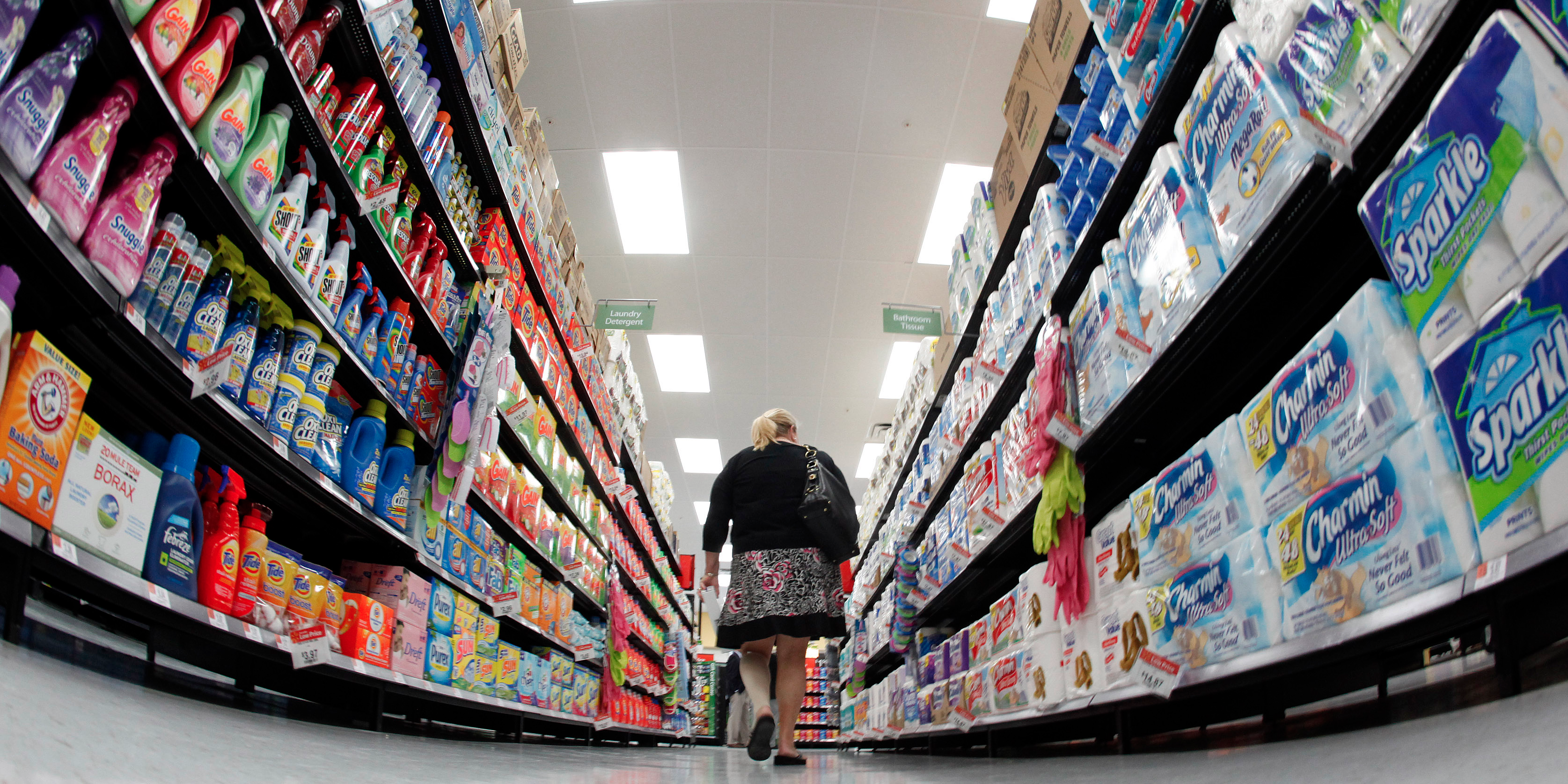In Barry Schwartz’s seminal book, “The Paradox of Choice,” we learn that while choice is a vital part of autonomy and fundamental to our well-being, too much choice has a cost, and our obsession with it contributes to bad decisions, anxiety, stress, dissatisfaction, paralysis, and even depression.
From choosing the best tacos to finding the ideal mate, today’s perils of choice come from every direction. Almost every part of daily life requires us to choose, compelling many to waste a ton of time and energy on research for fear that the wrong decision might get made.
Here are some of the ways too many options mess with us, according to psychological research:
Whenever you choose one thing, you’re also not choosing other things that could be just as good
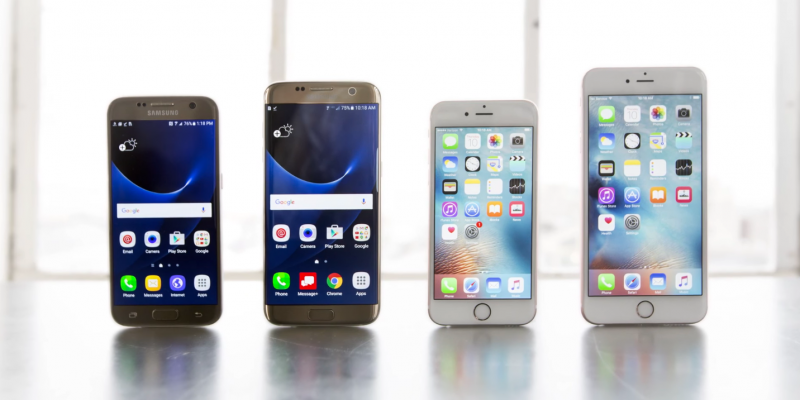
One of the problems with having too many options before us is that each one comes with its trade-offs, Schwartz says, and trade-offs have psychological consequences.
When there are lots of alternatives to consider, it’s easy to imagine the attractive features of the alternatives you reject.
"The necessity of making trade-offs alters how we feel about the decisions we face; more important, it affects the level of satisfaction we experience from the decisions we ultimately make," he writes.
Greater choice makes us fantasize about a better option out there

When there are multiple alternatives, Schwartz says, it's also easy for us to imagine alternatives that don't actually exist and are a combination of the attractive features of the alternatives that do exist. We've essentially created greater expectations than we could possibly meet.
"To the extent that we engage our imaginations in this way, we will be even less satisfied with the alternative we end up choosing," he writes. Greater variety in this way actually makes us feel worse off.
More options lead to greater regret

Even if you've made a good decision, Schwartz says, when your choice isn't perfect, knowing there were alternatives out there makes it easy to imagine you could have made a better choice.
This leads you to regret the decision you made, which leads to dissatisfaction, even if it was a good decision.
Too many options can lead us to make bad decisions
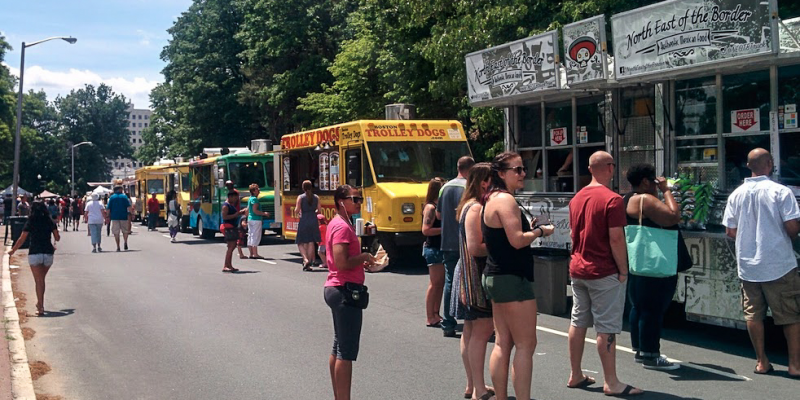
The emotional cost of potential trade-offs also interferes with the quality of decisions we make, Schwartz says. When we feel bad about choosing, we begin to lose focus and instead of examining all aspects of a decision, we home in on a couple of aspects, some that might not be that important.
Our negative emotions associated with having to choose can also distract us from the decision itself, Schwartz says, which impairs our decision-making abilities.
People don't like feeling bad about their decisions, which can lead to paralysis of action
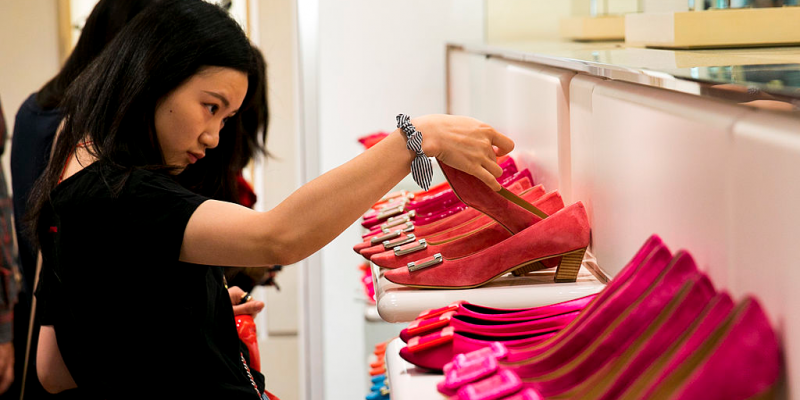
People tend to resist making decisions when there are so many trade-offs, which can lead to postponing or avoiding making the decision, Schwartz says.
This may not be so serious when you're choosing which new smartphone to buy or what to eat for lunch, but it can have detrimental affects on your future, like when choosing which retirement savings plan to settle on.
The conflict that comes from too many choices can also cause paralysis
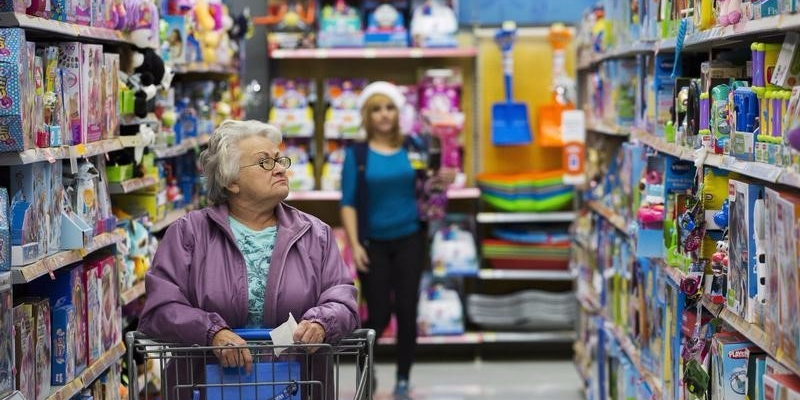
Schwartz points to numerous studies that found when there are two options with a clear winner, most people made a decision - but when people are presented with options involving trade-offs that create conflict, all choices begin to look unappealing, and people are less likely to make a decision.
An abundance of choices leaves less time to make the right decision
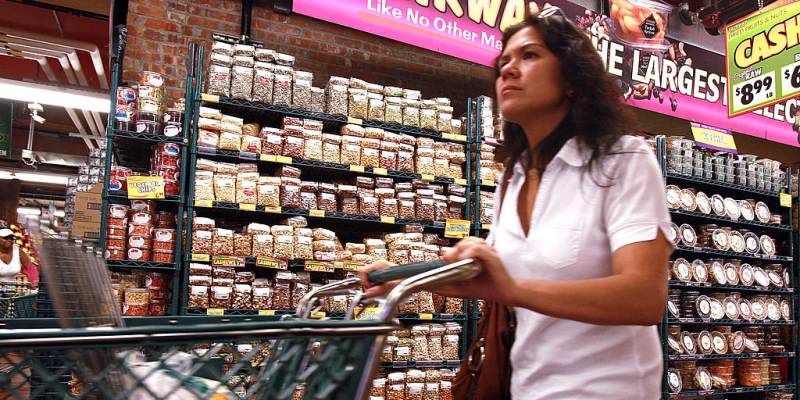
"Nobody has the time or cognitive resources to be completely thorough and accurate with every decision, and as more decisions are required and more options are available, the challenge of doing the decision making correctly becomes ever more difficult to meet," Schwartz writes.
And choosing eats up our time, a precious commodity we often have so little of
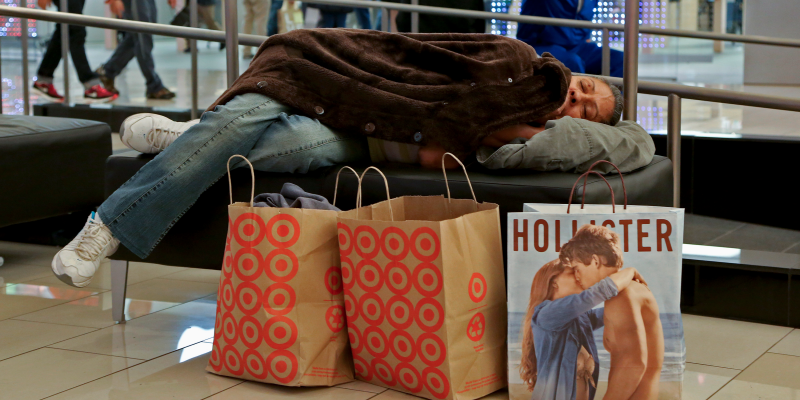
Schwartz says preparing for, making, reevaluating, and perhaps regretting the vastly greater number of choices we have today eats up one of our most valuable resources: time.
"Time spent dealing with choice is time taken away from being a good friend, a good spouse, a good parent, and a good congregant," he says.
People who always want the best option are often more depressed than people who settle
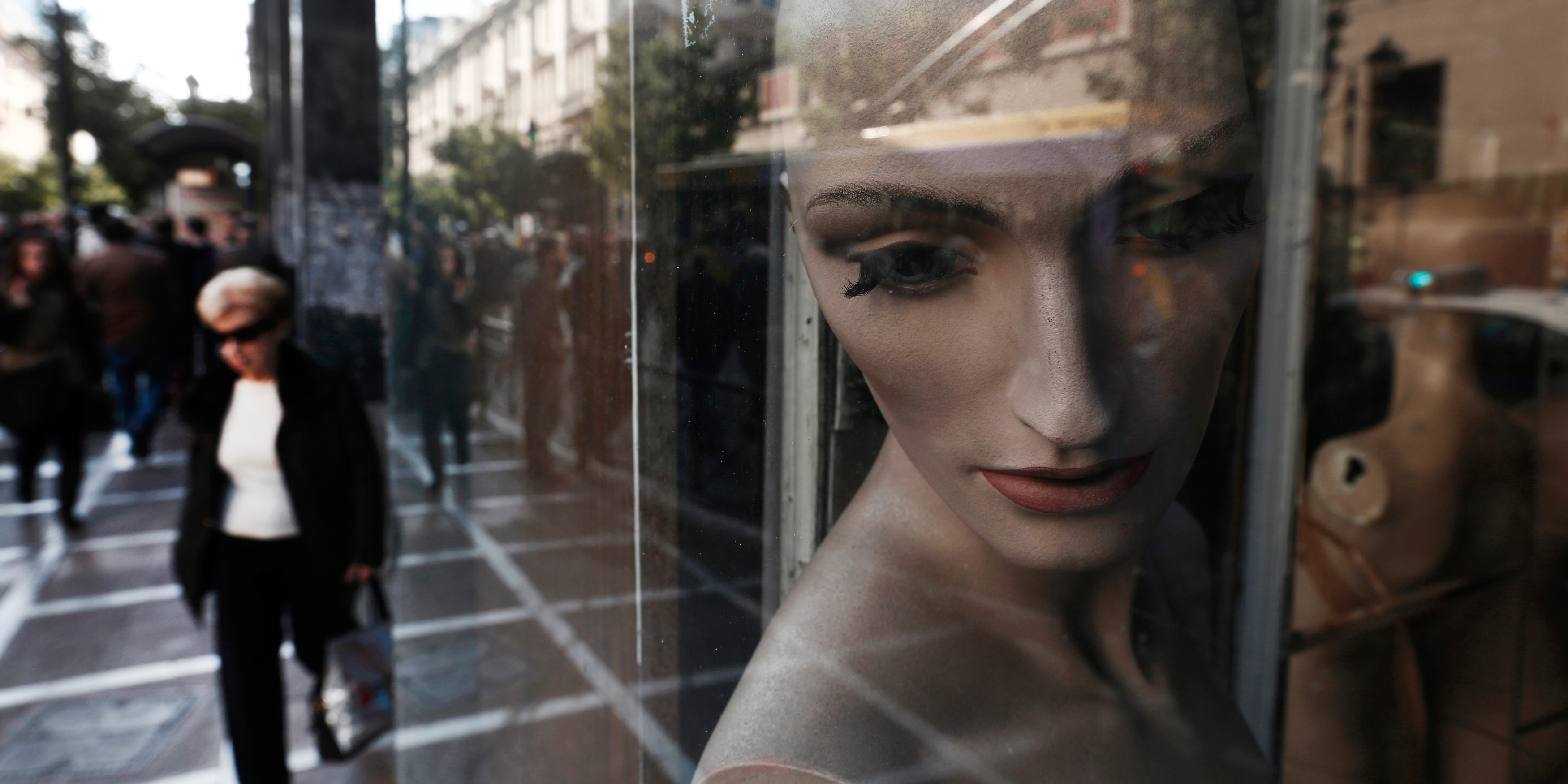
In Schwartz's study of people who always look for the best option, whom he calls maximizers, compared with people who are OK settling for something that's good enough, whom he calls satisficers, he found maximizers experienced less satisfaction with life, were less happy, were less optimistic, and were more depressed than satisficers.
While Schwartz notes that the study finding does not mean being a maximizer causes unhappiness, he personally believes that being a maximizer plays a causal role in people's unhappiness.
Choosing between too many options can cause decision fatigue, which can lead to worse decisions down the road
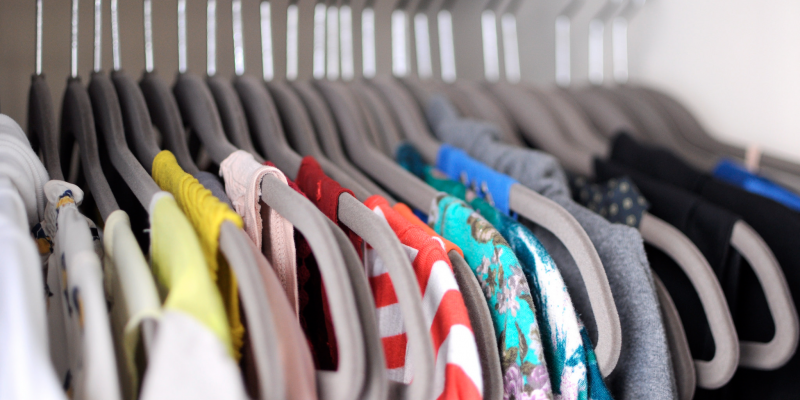
Some psychologists believe that making a number of small decisions like what to wear and what to eat wears out your brain and saps the mental power that you could be using for more pressing matters, which is often referred to as decision fatigue.
They posit that your pool of decision-making energy is limited, and eventually, as your willpower depletes with each new decision you make, you're more likely to either act impulsively or do nothing.
It's why the likes of President Barack Obama and Steve Jobs limited their clothing options - making too many trivial decisions would waste their ability to make other, more pressing decisions down the road.
As Obama explained during a 2012 interview with Vanity Fair when he revealed why he only wears gray or blue suits:
I'm trying to pare down decisions. I don't want to make decisions about what I'm eating or wearing. Because I have too many other decisions to make.
These days, the fear of missing out extends well beyond what we should buy or eat
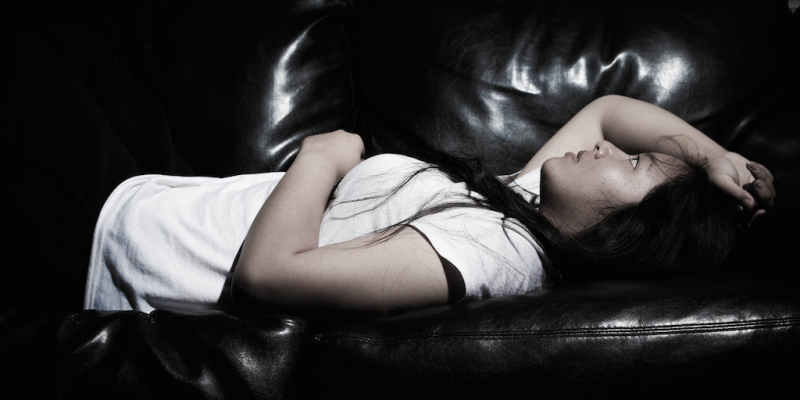
"It seems to me that the most striking trend is the appearance of social media," Schwartz told Pacific Mag last year. "My suspicion is that it and dating sites have created just the thing I talk about in connection with consumer goods: Nobody's good enough and you're always worried you're missing out."
Though the concept behind FOMO is fundamental to the paradox of choice, and indeed our human existence, the term itself is a millennial invention brought about by social media.
"Nobody makes plans because something better might turn up, and the result is that nobody ever does anything," Schwartz says.

